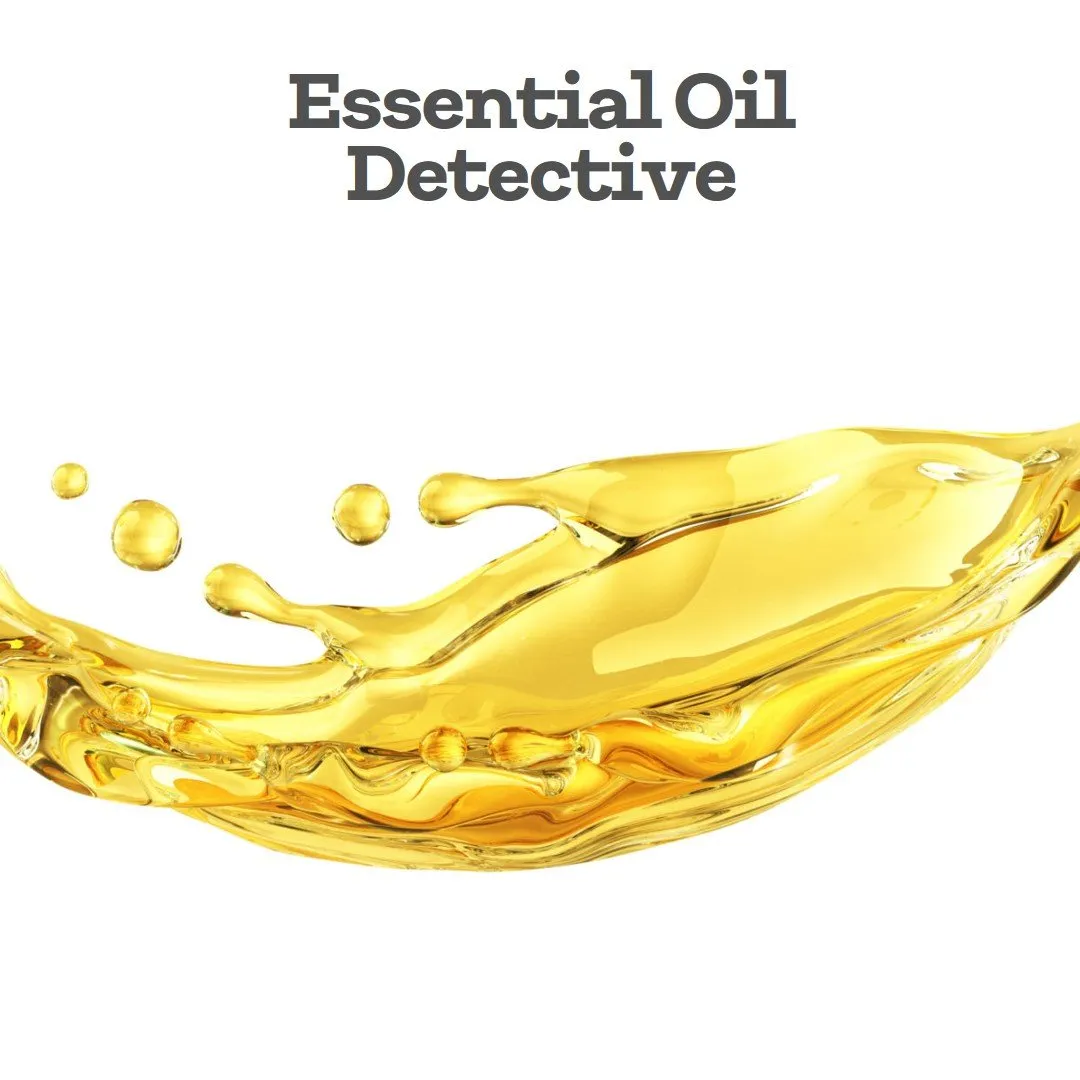Rediscover Ancient Wisdom: The Historical Roots of Essential Oil Use (and a modern resurgence)
The use of essential oils dates back centuries, finding its origins in ancient civilizations like Egypt, China, India, and Greece. Historical records reveal that these cultures utilized aromatic plants for medicinal, spiritual, and cosmetic purposes.
Essential oils were revered for their therapeutic properties, and they were often employed in religious ceremonies, embalming, and traditional healing practices.
In ancient Egypt, aromatic oils were extracted from plants like frankincense, myrrh, and cedarwood. They were highly valued for their antiseptic qualities, used in the embalming process, and believed to possess mystical powers.
Similarly, in ancient China and India, essential oils such as cinnamon, ginger, and turmeric were used in traditional medicine for their healing properties.
During the Middle Ages, essential oils continued to play a significant role in Europe, where they were utilized for their antiseptic qualities and in the development of herbal remedies.

However, with the advancement of modern medicine, their prominence waned for some time.
Renewed Popularity of Essential Oils Today:
1. Growing Interest in Natural Remedies:
In recent decades, there has been a resurgence of interest in holistic and natural approaches to health and wellness. People are increasingly seeking alternatives to synthetic medications and are turning back to traditional remedies, including essential oils, due to their perceived natural origins and fewer potential side effects.
2. Increased Awareness and Accessibility:
Advancements in technology and communication have made information about essential oils more accessible than ever before. With the rise of the internet and social media, individuals have easy access to a wealth of information, including detailed guides, research, and personal testimonials regarding essential oil usage.
3. Emphasis on Wellness and Self-Care:
The modern lifestyle, characterized by stress, sedentary routines, and exposure to environmental toxins, has led people to explore holistic approaches to self-care. Essential oils, with their purported abilities to alleviate stress, promote relaxation, and support overall well-being, have garnered attention as part of self-care practices.
4. Research and Scientific Validation:
There is a growing body of scientific research validating the therapeutic properties of essential oils. Studies have highlighted their antibacterial, antifungal, anti-inflammatory, and analgesic properties, lending credibility to their traditional uses and encouraging their adoption in modern wellness routines.
The Evolution of Essential Oil Research: Validating Traditional Uses

In recent years, scientific exploration into the therapeutic benefits of essential oils has expanded, shedding light on their potential applications in modern healthcare.
The renewed interest in these aromatic compounds has driven rigorous research, providing a scientific basis for their traditional uses and offering insights into new possibilities for their utilization.
1. Antimicrobial Properties:
Numerous studies have highlighted the potent antimicrobial properties of essential oils. Oils like tea tree, oregano, thyme, and cinnamon have demonstrated efficacy against a wide array of bacteria, viruses, and fungi. Research has investigated their potential role in combating drug-resistant strains of microorganisms, presenting promising alternatives to conventional antimicrobial agents.
2. Anti-Inflammatory and Analgesic Effects:
Certain essential oils, such as lavender, eucalyptus, and peppermint, have been extensively studied for their anti-inflammatory and analgesic properties. These oils exhibit the potential to reduce inflammation and alleviate pain, offering alternatives or complementary approaches to conventional pain management strategies.
3. Stress Reduction and Mental Health Benefits:
Aromatic compounds present in essential oils have been shown to affect the limbic system, influencing emotions, mood, and stress responses. Studies exploring oils like lavender, bergamot, and rosemary have indicated their ability to reduce stress, anxiety, and depressive symptoms, promoting relaxation and mental well-being.
4. Skin Health and Wound Healing:

Research supports the use of certain essential oils, including tea tree, chamomile, and frankincense, in skincare and wound healing. These oils possess anti-inflammatory, antibacterial, and wound-cleansing properties, potentially aiding in the management of skin conditions and accelerating the healing process.
5. Cognitive Enhancement and Sleep Improvement:
Essential oils like rosemary, peppermint, and cedarwood have attracted attention for their potential cognitive-enhancing effects. Studies suggest they may improve cognitive performance, memory, and focus. Additionally, oils like lavender and chamomile have been investigated for their ability to promote better sleep quality and alleviate insomnia.
Validity and Future Directions:
While current research offers promising insights into the therapeutic potential of essential oils, there remain challenges and avenues for further exploration:
- Standardization and Quality Control: Ensuring consistency and quality across essential oil products remains a concern, as variations in extraction methods and purity can affect their efficacy and safety.
- Clinical Trials and Human Studies: More robust clinical trials are necessary to validate the efficacy and safety of essential oils in diverse populations and conditions.
- Understanding Mechanisms of Action: Deeper exploration into the precise mechanisms through which essential oils exert their effects will enhance our understanding and potentially unveil new therapeutic applications.
Essential oils, deeply rooted in ancient traditions across various cultures, have experienced a remarkable resurgence in popularity in recent times. This renewed interest is fueled by a combination of historical reverence, increased accessibility to information, a desire for natural remedies, and scientific validation of their therapeutic potential.
As society continues to seek balance and holistic wellness approaches, essential oils stand at the forefront, offering a bridge between ancient wisdom and modern well-being practices. Their journey from ancient civilizations to contemporary households reflects a timeless appreciation for nature's gifts and the human quest for holistic health and vitality.
